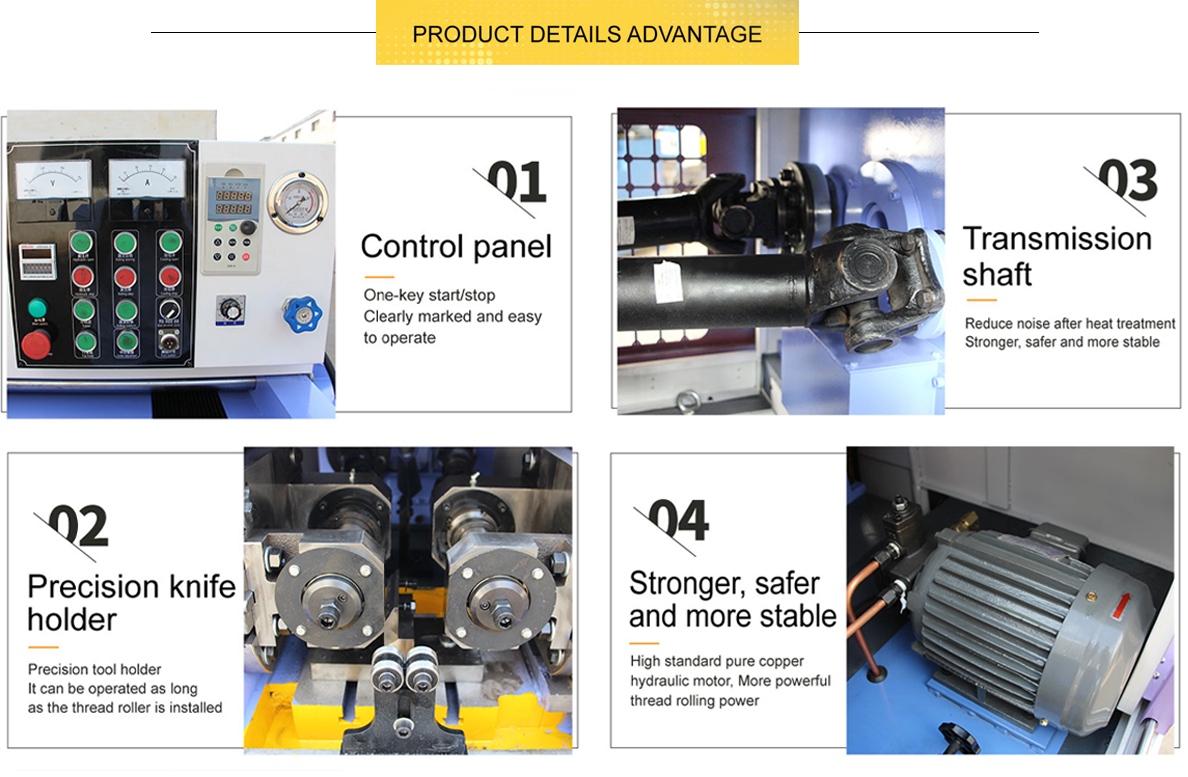
-
 Afrikaans
Afrikaans -
 Albanian
Albanian -
 Amharic
Amharic -
 Arabic
Arabic -
 Armenian
Armenian -
 Azerbaijani
Azerbaijani -
 Basque
Basque -
 Belarusian
Belarusian -
 Bengali
Bengali -
 Bosnian
Bosnian -
 Bulgarian
Bulgarian -
 Catalan
Catalan -
 Cebuano
Cebuano -
 Corsican
Corsican -
 Croatian
Croatian -
 Czech
Czech -
 Danish
Danish -
 Dutch
Dutch -
 English
English -
 Esperanto
Esperanto -
 Estonian
Estonian -
 Finnish
Finnish -
 French
French -
 Frisian
Frisian -
 Galician
Galician -
 Georgian
Georgian -
 German
German -
 Greek
Greek -
 Gujarati
Gujarati -
 Haitian Creole
Haitian Creole -
 hausa
hausa -
 hawaiian
hawaiian -
 Hebrew
Hebrew -
 Hindi
Hindi -
 Miao
Miao -
 Hungarian
Hungarian -
 Icelandic
Icelandic -
 igbo
igbo -
 Indonesian
Indonesian -
 irish
irish -
 Italian
Italian -
 Japanese
Japanese -
 Javanese
Javanese -
 Kannada
Kannada -
 kazakh
kazakh -
 Khmer
Khmer -
 Rwandese
Rwandese -
 Korean
Korean -
 Kurdish
Kurdish -
 Kyrgyz
Kyrgyz -
 Lao
Lao -
 Latin
Latin -
 Latvian
Latvian -
 Lithuanian
Lithuanian -
 Luxembourgish
Luxembourgish -
 Macedonian
Macedonian -
 Malgashi
Malgashi -
 Malay
Malay -
 Malayalam
Malayalam -
 Maltese
Maltese -
 Maori
Maori -
 Marathi
Marathi -
 Mongolian
Mongolian -
 Myanmar
Myanmar -
 Nepali
Nepali -
 Norwegian
Norwegian -
 Norwegian
Norwegian -
 Occitan
Occitan -
 Pashto
Pashto -
 Persian
Persian -
 Polish
Polish -
 Portuguese
Portuguese -
 Punjabi
Punjabi -
 Romanian
Romanian -
 Russian
Russian -
 Samoan
Samoan -
 Scottish Gaelic
Scottish Gaelic -
 Serbian
Serbian -
 Sesotho
Sesotho -
 Shona
Shona -
 Sindhi
Sindhi -
 Sinhala
Sinhala -
 Slovak
Slovak -
 Slovenian
Slovenian -
 Somali
Somali -
 Spanish
Spanish -
 Sundanese
Sundanese -
 Swahili
Swahili -
 Swedish
Swedish -
 Tagalog
Tagalog -
 Tajik
Tajik -
 Tamil
Tamil -
 Tatar
Tatar -
 Telugu
Telugu -
 Thai
Thai -
 Turkish
Turkish -
 Turkmen
Turkmen -
 Ukrainian
Ukrainian -
 Urdu
Urdu -
 Uighur
Uighur -
 Uzbek
Uzbek -
 Vietnamese
Vietnamese -
 Welsh
Welsh -
 Bantu
Bantu -
 Yiddish
Yiddish -
 Yoruba
Yoruba -
 Zulu
Zulu
custom types of thread rolling
Custom Types of Thread Rolling An Overview
Thread rolling is a widely adopted cold-forming process used to create precise threads on cylindrical components. This technique is popular among manufacturers due to its ability to produce strong, durable threads with minimal material waste. However, to achieve optimal results, it’s essential to utilize custom types of thread rolling tailored to specific applications and materials. In this article, we’ll explore the importance, types, and advantages of custom thread rolling.
The Importance of Custom Thread Rolling
Custom thread rolling allows manufacturers to address unique requirements, including thread size, pitch, and material compatibility. Different applications—ranging from aerospace to automotive and medical devices—demand threads with specific characteristics. Standardized thread forms may not always meet these necessities, leading to potential quality issues or product failures. Therefore, custom thread rolling ensures that threads are optimized for their intended use, contributing to overall product performance and reliability.
Types of Custom Thread Rolling
1. Roll Forming Roll forming is a traditional method of thread rolling that uses cylindrical dies to shape the material without removing any metal. Various die configurations can be used to create distinct thread profiles, from standard unified threads to specialized forms, like ACME or square threads. This versatility makes roll forming a go-to choice for manufacturers who require customized thread types.
2. Flat Die Thread Rolling This process uses flat dies and is particularly effective for producing threads on flat or non-cylindrical surfaces. Flat die thread rolling is commonly employed in applications where space is limited or in custom-shaped components, such as brackets or plates. The adaptability of flat die systems allows for intricate designs and unique thread profiles that standard cylindrical rolling cannot achieve.
3. Planetary Thread Rolling Planetary rolling is a more advanced technique where the workpiece is rotated around its axis while multiple dies simultaneously roll over its surface. This method offers high production rates and exceptional precision, making it ideal for high-volume manufacturing. The planetary system can easily accommodate various thread sizes and styles, making it suitable for customized applications.
4. Multi-Start Thread Rolling Multi-start threads, which have two or more thread initiations, can also be produced through custom thread rolling processes. This type of threading is particularly useful for applications requiring faster assembly or disassembly. By engaging multiple threads simultaneously, manufacturers can enhance the efficiency of their products while ensuring durability.
custom types of thread rolling

Advantages of Custom Thread Rolling
1. Enhanced Strength and Integrity Unlike traditional cutting methods that may weaken the material, thread rolling supports the integrity of the workpiece, producing threads that possess greater tensile strength. This attribute is particularly crucial for high-stress applications.
2. Reduced Material Waste Since thread rolling is a cold-forming technique, it conserves material when creating threads compared to other methods which involve cutting away material. This not only lowers costs but also aligns with sustainable manufacturing practices.
3. Precision and Consistency Custom thread rolling ensures highly accurate thread profiles with minimal variability. This consistency is essential for applications where precise fit and function are critical to performance, such as in machinery or aerospace components.
4. Cost-Effectiveness While initial tooling costs for custom dies may be higher, the efficiency of thread rolling often leads to lower overall manufacturing costs. The ability to produce large quantities of threaded components quickly and accurately can significantly reduce per-unit costs.
5. Flexibility in Design With access to various custom thread rolling techniques, manufacturers can develop unique thread designs tailored specifically to meet the requirements of diverse applications. This flexibility promotes innovation and can lead to the development of cutting-edge products.
Conclusion
Custom types of thread rolling serve as an essential tool for manufacturers seeking to create specialized threads tailored to specific applications. By leveraging various thread rolling techniques, businesses can enhance the performance, strength, and efficiency of their products while minimizing waste and costs. As industries continue to evolve and demand more intricate and durable components, the significance of custom thread rolling will only continue to grow.
